Our team in the Middle East, North Africa, and Eastern Europe (MENAEE) region delivered the Education in Emergencies (EiE) Fundamentals training in Gaziantep, Türkiye at the end of July. This course aims to rapidly improve the participants’ knowledge of the fundamental competencies and provide the necessary skills and tools to be part of initiating, designing and implementing a quality EiE response.
The training targeted the Northwest Syria Education Cluster responding to education needs, including after the earthquakes of 6th February 2023. The course was tailored to address numerous intertwined factors, such as cultural nuances, unique challenges faced by the region, and the diverse needs of the affected population. To be more accessible to the local responders, the training was delivered in Arabic.
Bdour Ghousheh, HLA Regional Lead for the MENAEE region, highlights:
“During emergencies, such as the Syria crisis, educational systems are often disrupted or completely halted. EiE training is essential to ensure that education can continue even in challenging circumstances. It equips educators and responders with the necessary skills and knowledge to set up temporary learning spaces, develop appropriate curricula, and provide education to displaced and affected children and youth.”
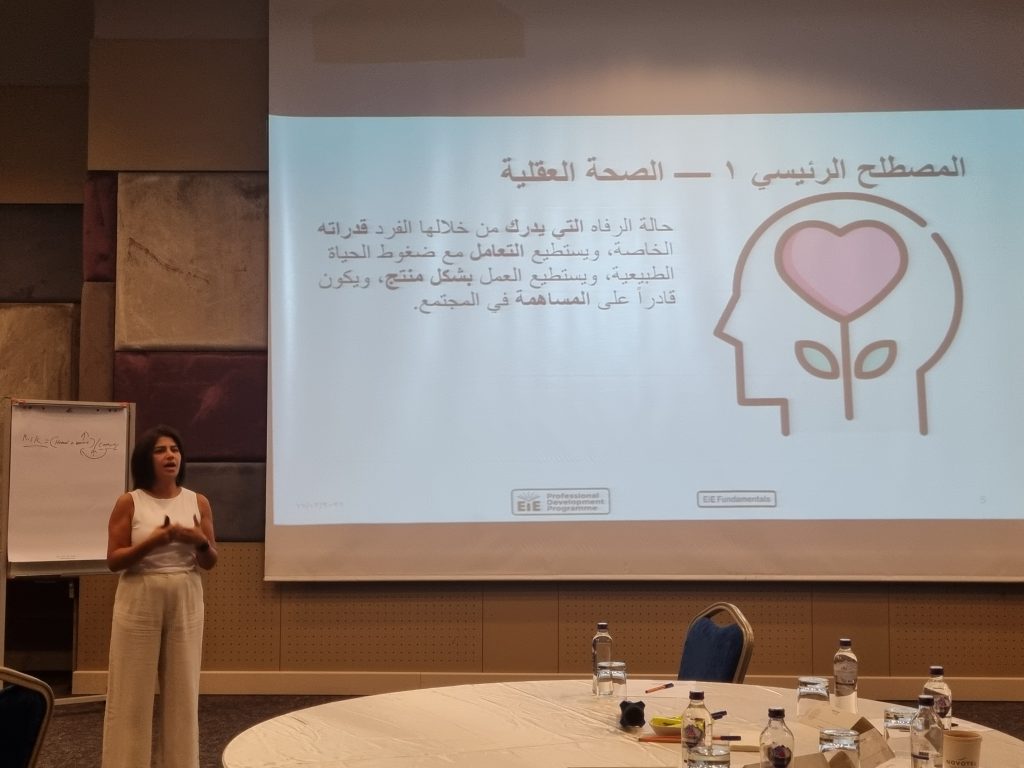
Education in Emergencies training is crucial for an effective and comprehensive response to the Syria crisis, as it recognises the importance of education in fostering stability, protection, and development amid the effects of conflict and displacement. In crisis situations, children are especially vulnerable to exploitation, violence, and abuse. EiE programmes provide guidelines on how to create safe and protective environments where children can learn and grow, reducing their exposure to risks and offering them a sense of stability.
Rafka Daoud, HLA Regional EiE PDP manager, emphasises:
“The Syria crisis has resulted in severe emotional distress and trauma for millions of children and adolescents who have experienced violence, displacement, and loss. EiE training includes elements of psychosocial support, which enables educators and responders to recognize signs of distress and provide appropriate care and counselling to help children cope with their experiences. The EiE programme also provides strategies to develop critical life skills and resilience in children affected by crises, helping them adapt to the challenges they face and recover from adversity.”
EiE training also focuses on ensuring the active participation of children and their communities in the education process. This empowers them to have a say in their learning, making education more relevant and effective in addressing their unique needs and circumstances. At the same time, the EiE training focuses on strengthening the capacity of educators, responders, and local organisations to effectively respond to educational needs during emergencies. This includes equipping them with the necessary skills, knowledge, and resources to set up temporary learning spaces, design appropriate curricula, and provide psychosocial support. Following these objectives, the EiE is carefully tailored to the context.
Sajeda Arslan, HLA MENAEE Regional Coordinator, explains:
“The training was designed with a deep understanding of the cultural, social, and political context of both Syria and Türkiye. This includes being sensitive to the unique experiences and needs of Syrian refugees and the host communities in Türkiye. Integration with the national education system is also something we keep in mind. Thus, the training focuses on strategies for integrating Syrian refugee children into the Turkish education system, promoting inclusion and ensuring that they can access quality education opportunities. The training is gender-sensitive, addressing the specific needs and challenges faced by both girls and boys in accessing education and dealing with the effects of the crisis.”
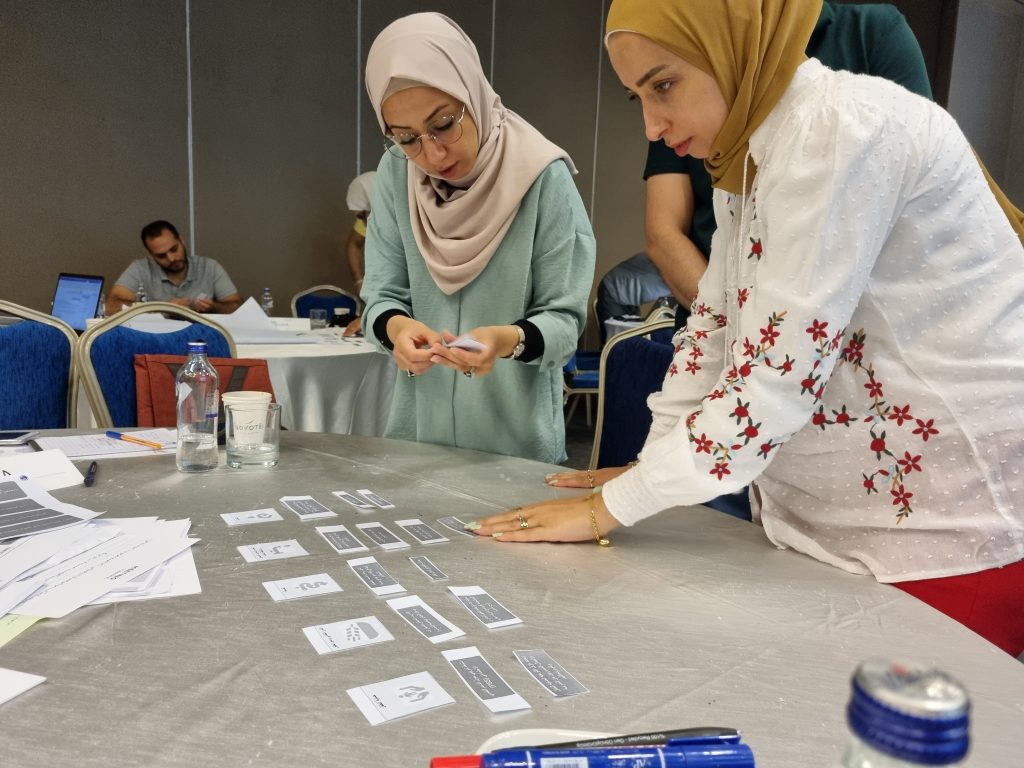
The participants named information on child protection and safeguarding, integrating new students into the existing educational programmes, and Inter-Agency Network for Education in Emergency (INEE) Standards amongst the most valuable parts of the training.
Nada: “The discussion about cross-cutting issues and how to incorporate them in our Education Programmes was specifically valuable. I will advise my colleagues to attend the online training”.
Ikram: “I appreciate that the training was delivered in Arabic. I am going to suggest to my organisation to let me organise a session to share the received knowledge, especially about child protection, with my colleagues”.
Soubhi: “The training gave me a lot of ideas to apply in my work, as my organisation just started a livelihood project that covers issues of encouraging students to join or return to vocational schools and to open education after the earthquake.”
Maher: “I work on report writing and use INEE standards. I believe that the group discussion on this during the training was useful for all the participants”.
Esraa: “This was the first EiE training I attended. The topics of localisation and response sustainability for the host country were especially interesting, as I haven’t seen it being discussed before.”
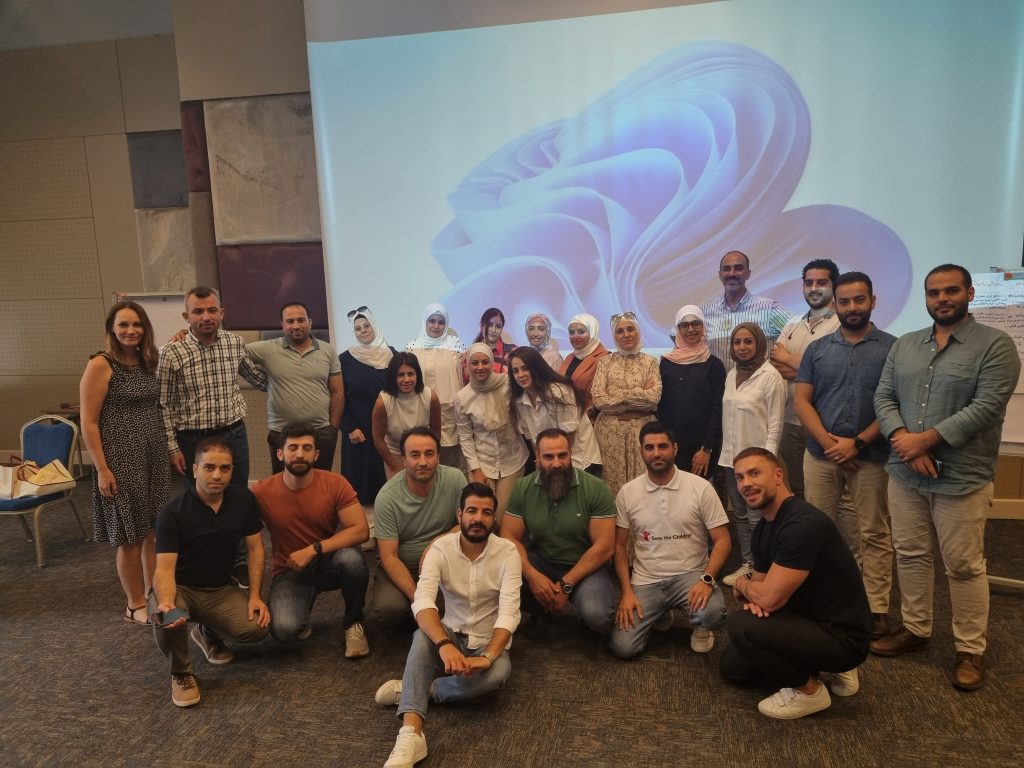
The training not only equipped participants with valuable knowledge but also provided them with insights into the real-world complexities of implementing EiE programmes in a region affected by humanitarian crises. It highlighted the importance of adaptability, cultural sensitivity, and the need for a collective effort to ensure that education remains accessible and transformative for children and youth affected by emergencies. The participants also shared the struggles they face in their work. The challenges highlighted during the training included the need for greater engagement with the host community.
Rafka Daoud, HLA Regional EiE PDP manager, shares:
“The training experience allowed participants to comprehend the complexities involved in implementing EiE initiatives in crisis-affected areas. They were able to grasp the importance of education in emergency contexts and how it can provide stability, protection, and hope for children and youth who have been exposed to violence, displacement, and loss. In its way, gaining a deeper understanding of the challenges faced by education staff working in the region was a highlight of this training experience for me.”
The training was co-facilitated by the Education in Emergencies Certificate of Advanced Studies (EiE CAS) graduates. This is a comprehensive 450-hour blended learning experience accredited by the University of Geneva.
Learn more about our Education in Emergencies Learning Programme:
https://www.humanitarianleadershipacademy.org/learning-programmes/education-in-emergencies-eie/
Related News
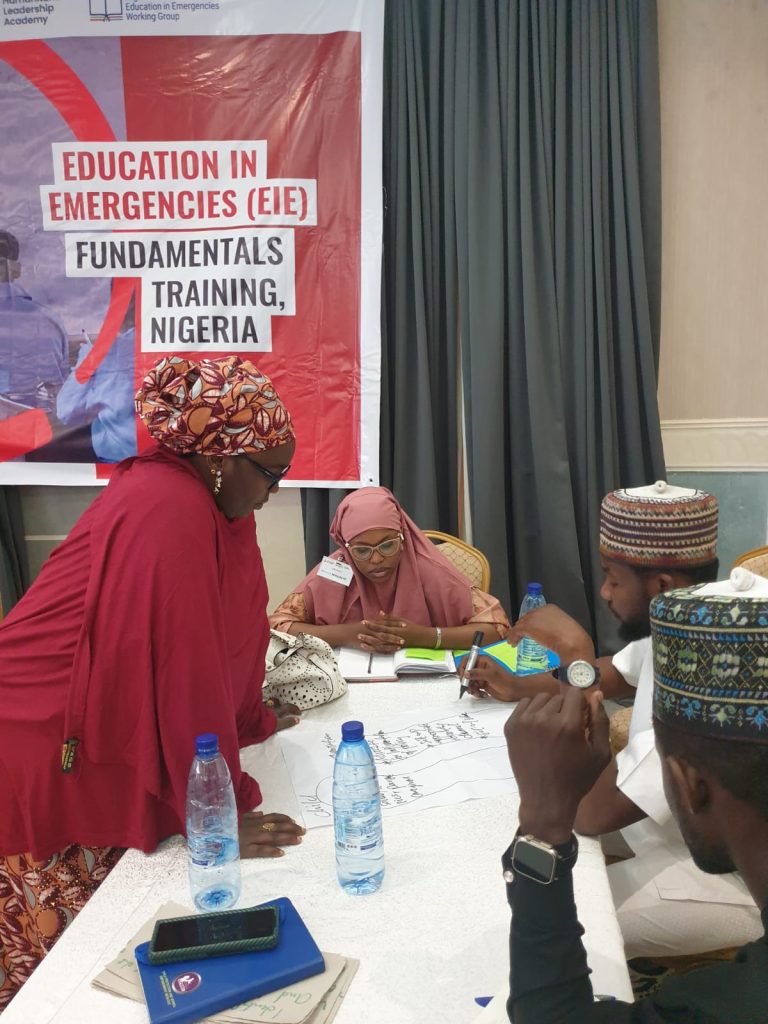
A first for the WCA team: delivering EiE Fundamentals training in Nigeria
3rd abril 2024
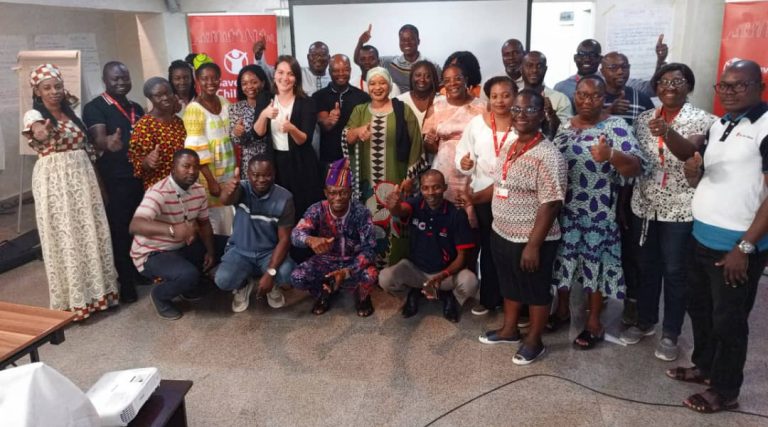
Education in emergencies & development aid: Working in partnership to deliver localised training
3rd abril 2024
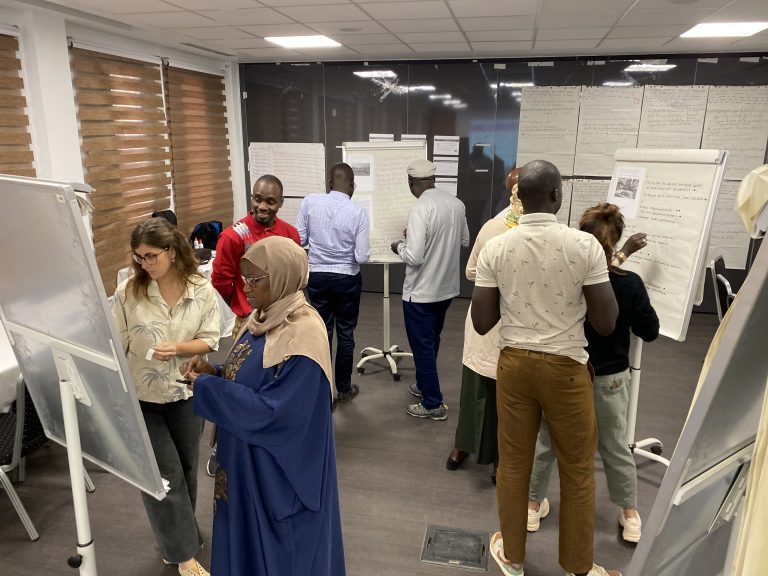
Strengthening capacity across West and Central Africa: Humanitarian Operations Programme Core in Dakar, Senegal
3rd abril 2024